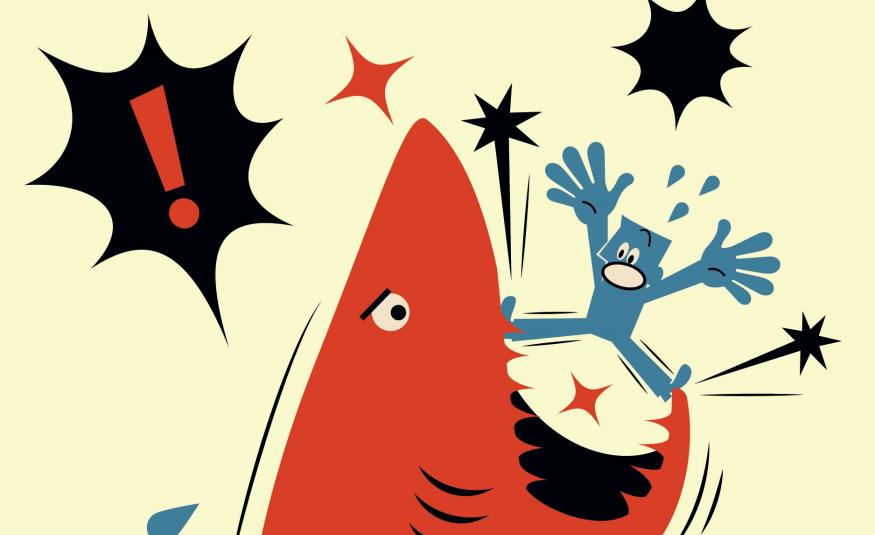Björn Kempe believes Covid-19 will accelerate consolidation and examines some likely future impacts for the Asian and EU exhibition markets?
ovember 9, 2020 marked an important day for the global exhibition industry – with the announcement of the success of the latest trial of the vaccine by the Pfizer/BioNTech joint venutre. The result on the stock market was stunning - Netflix, Zoom, Alibaba, MS, Facebook all initially lost up to 20% in stock value on the news, while exhibition companies like Informa Markets, Fiera Milano and major hospitality players made big gains. The reason could be simple - the world is craving for social interactions and contacts again. People still value social contacts over sitting home alone in isolation, even if full holographic walkthrough experiences might not be too far away.
The Covid-19 pandemic has shown us our weaknesses this year and has shaken our entire industry globally. Research has reported an average 70-80% loss of revenues for industry players in all markets except China. China, which recorded the start of the pandemic, turned out a winner due to its very strict travel management and success in isolating the virus. Its tradeshow business (domestic at least) is back in full swing.
China International Import Expo (CIIE) was another great success in Shanghai recently with many international companies represented. While China is celebrating and Thailand and Singapore are bringing their exhibition worlds back to life again through strict rules, other markets are still in crisis and experiencing the full force of the second wave of coronavirus.
European exhibition organisers had thought there was some autumn light at the end of the tunnel with shows running in Leipzig, Duesseldorf and Friedrichshafen, as well as in Milan and Paris in September and October, but most European and US organisers were back to hibernation by December.
Even in cases where organisers are prepared and willing to run their in-person shows, many exhibitors and visitors don’t yet feel confident despite strict Covid-19 prevention measures undertaken in Europe.
Organisers on this continent have suffered massive losses of revenues and have had to raise significant capital increases from their key stakeholders and the financial markets. Reed, Tarsus, Informa Markets, DMGT, Hyve have all gone this route. Central European organisers such as Comexposium and the German Messes have also been hit hard, with Comexposium having to jump under the default rescue umbrella in October to survive and to receive fresh capital. German Messe companies have also asked for more than €600m from their stakeholders and the winter months are proving harsh for most supervisory boards in Germany.
For 2021 some are forecasting more annual loss of revenues of at least 50% and Frankfurt and Berlin Messes have already announced no tradeshow activity there until at least April.
Not only do the German companies need capital but they also realise how expensive their current organisations are and many have been reducing their workforces. Credit sharks have also entered the stage. Many Private Equity companies, banks and Asian exhibition companies and funds have realised this could be a one-time window to open up the German exhibition market. The question is, will the German Messe model be sustainable and grant every city tax dollars from visitors and exhibitors in future?
What is certain is that Covid-19 will accelerate consolidation in our markets. Many family companies in Asia will not survive the crisis and digital formats will slowly take over.
European organisers must think how to stay competitive and not be eaten up by credit sharks. Chinese and Asian organisers will likely be not feeling such a credit crunch and will be waiting with full pockets for what could possibly be a Black Friday shopping spree of a lifetime!
Meanwhile, I wish all readers to stay positive and healthy and I wish you all the best for 2021 and a Merry Christmas season!





